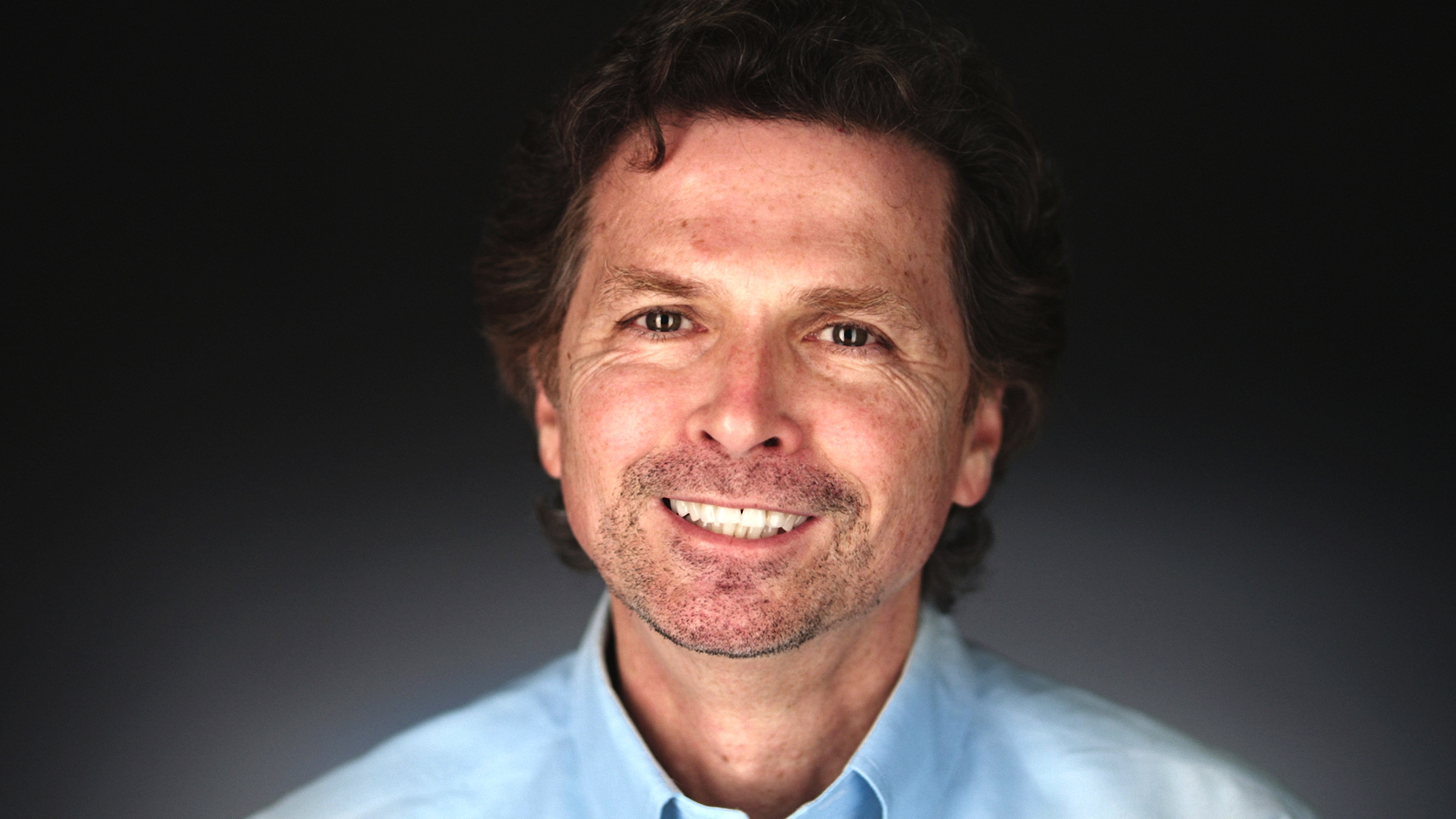 A young lady once told me, after she broke up with her boyfriend, that a part of her wanted him to call so that they could get back together and work things out. But another part of her said it wasn’t a healthy relationship: there were so many reasons why they shouldn’t be together. This was very painful for her because she was so conflicted.
A young lady once told me, after she broke up with her boyfriend, that a part of her wanted him to call so that they could get back together and work things out. But another part of her said it wasn’t a healthy relationship: there were so many reasons why they shouldn’t be together. This was very painful for her because she was so conflicted.
I imagine all of us have been in situations like this: a part of us wants one thing, but another part of us knows it’s not good for us. Our desires are conflicted, and we’re not sure which one will make us happy.
I once talked to a man who was interested in becoming Catholic. One of his reservations, however, was he didn’t know if he could accept the Church’s teachings on homosexuality, because he had friends who were in gay relationships and didn’t understand how he could live out that teaching with them. He was very sincere, and so I tried to help him understand where we’re coming from. I explained that the Church wants all people to be happy, including those in same-sex relationships, and we believe that true happiness is found in amazing friendships full of love and intimacy. But when we follow the desire to sexualize a friendship outside of marriage, this will take away authentic happiness.
I said to him, “Maybe you’ve been sexually active outside of marriage, maybe not. But, for many of us who have been when we were young and dating, we honestly believed that it would make us happy. We thought we were in love, but only later we realized the sexual part of the relationship didn’t help; it actually brought pain, disappointment, hurt, and sadness. The sexual desire was actually deceptive and didn’t lead to happiness.”
All have different desires: some of these lead to happiness and some don’t. And many Catholics have come to realize through hard life experience that sex outside of God’s plan doesn’t make us authentically happy—something the Church has been teaching all along. And it’s not just sexual desires that can be deceptive: it’s desires for attention, money, respect, or for having the best car, house, or electronics. That’s why there’s such a thing as buyer’s remorse: we buy something that we really wanted but later on regret it.
Jesus asks you and me a question that He asks Bartimaeus today, “What do you want me to do for you?” Bartimaeus is blind and a beggar, and some people surely thought that, when he was calling to Jesus, he was going to ask for money. But he wanted something more: he wanted to see again. This passage is full of deep spiritual metaphors. We’re all like Bartimaeus: we used to be able to see and we used to desire things that were good for us. But then we were deceived and started wanting things that don’t satisfy us, and we’ve lost our sight. Now we hear of Jesus, ask for his help, and He asks us, “What do you want me to do for you?” In other words, “What do you want? Do you just want money (something superficial) or to be able to see again (something authentic)?”
Sometimes we don’t know what we want or what will make us happy. One time, for example, a psychologist at our seminary in New York was so happy when I told him about a kind of reconciliation I had had with my father, because, being a family psychologist, he said so many people never feel loved by their parents. They go half way around the world looking for something and look for it in all the wrong places. It’s actually very simple: deep down, they’re looking to be loved by mom and dad.
If Jesus were to ask us the question, “What do you want me to do for you?” and we said, “I want you do this for me,” would He do it? Let’s put it another way: does Jesus always give us what we want? (Put up your hand if Jesus always gives you what you want.) I see more and more in my life that God gives me what I want. Seriously. Do you know why? (This is one of my greatest joys.) Do you want to know the secret so that God will always give us what we want? Please repeat after me: “God always gives me what I want… because I only want what He wants.” God always gives me what I want, because I only want what He wants. (I’m borrowing this from Scott Hahn, who paraphrased St. Therese.)
This phrase teaches us two important lessons: 1) When we don’t get something we ask for, it’s not because our Father doesn’t want us to be happy; on the contrary, it’s because He wants us to be happy! There are many things He doesn’t give us because He’s knows they won’t make us truly happy; our desires deceive us. Look at our children! They sometimes want things that aren’t good for them: certain friendships, foods, TV shows, things on the internet or stuff at stores. But imagine if our children were to say, “Mom, Dad, I only want what you want… because you only want what’s best for me and you know better than I do. I want to go to bed early because rest is good for my body. I want to do my chores because you need my help and responsibility is good for me. And I don’t want to play videos games. Do you have any good books to read?” If they did say this, we should take them to a doctor.
God always gives me what I want, because I only want what He wants—this is not accepting the cruel hand of fate, and resigning ourselves to whatever good or bad happens in life. This is realizing that our Father is all-good and loves us dearly, and that, even when suffering comes our way, it’s allowed by our loving Father so that we can grow in, among other things, love, patience, courage, determination, and self-possession.
2) This is the crux of life: to want what God wants, to desire what He desires. Life is about changing our desires from things that only give little amounts of happiness to things that truly give life, which is what God desires for us. Sometimes, for example, I want to get angry at people, but God wants me to forgive—that’s what will make relationships strong and make life better. So I have to change my desire and align it with God’s. A part of me feels good being angry but it’s deceptive. Sometimes I don’t want to exercise, but God wants me to get some fresh air, use my body, and have fun; so I have to want it too. Other times, I say to myself, “Just one more cookie,” and God says, “You’ve already had twelve of them”; so I have to exercise discipline to change my desires. When we experience this conflict between different choices let’s reflect: “Do we want short-term happiness or long-lasting happiness?”
This gives a totally new meaning to a prayer we pray every day: “Thy will be done.” We want His will to be done, not ours. We’re also asking that our wills conform to His. Sometimes this is very easy and we say, “Ah! I get it. God wants me to pray every day because it’s good for me.” Other times, it’s very difficult: we want that relationship, but it’s not good for us. And so it’s a struggle to shift our desires.
There’s a beautiful documentary called, “Desire of the Everlasting Hills,” about three people who lived in same-sex relationships and have found true happiness in God and in the Church. One of them, Paul Darrow, lived a wild life and said: “I was happy, I was in Toy land, in Never Never Land, in New York City; some of my most euphoric moments were when I was with beautiful and famous people in penthouses overlooking the spectacular skyline of New York City. And I’ve got to tell you: that that happiness, that euphoria which would have lasted me a lifetime, pales, absolutely pales to when I’m taking the Body and Blood of our Lord in Church at Mass” (1:00:15). This applies to any of us who have experienced happiness, but want more. His words strike me personally because he shows how there’s more to life than getting what we want. That girl I told you about at the beginning of the homily became truly happy that she broke up, because God gave her something better.
When Jesus asks us, “What do you want? What do you want me to do for you?” we should reply, “I don’t want to be deceived. I don’t want superficial happiness. I want authentic happiness. I only want what you want.”